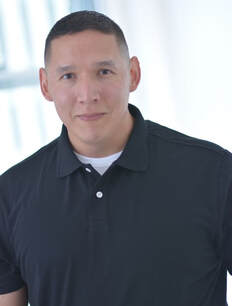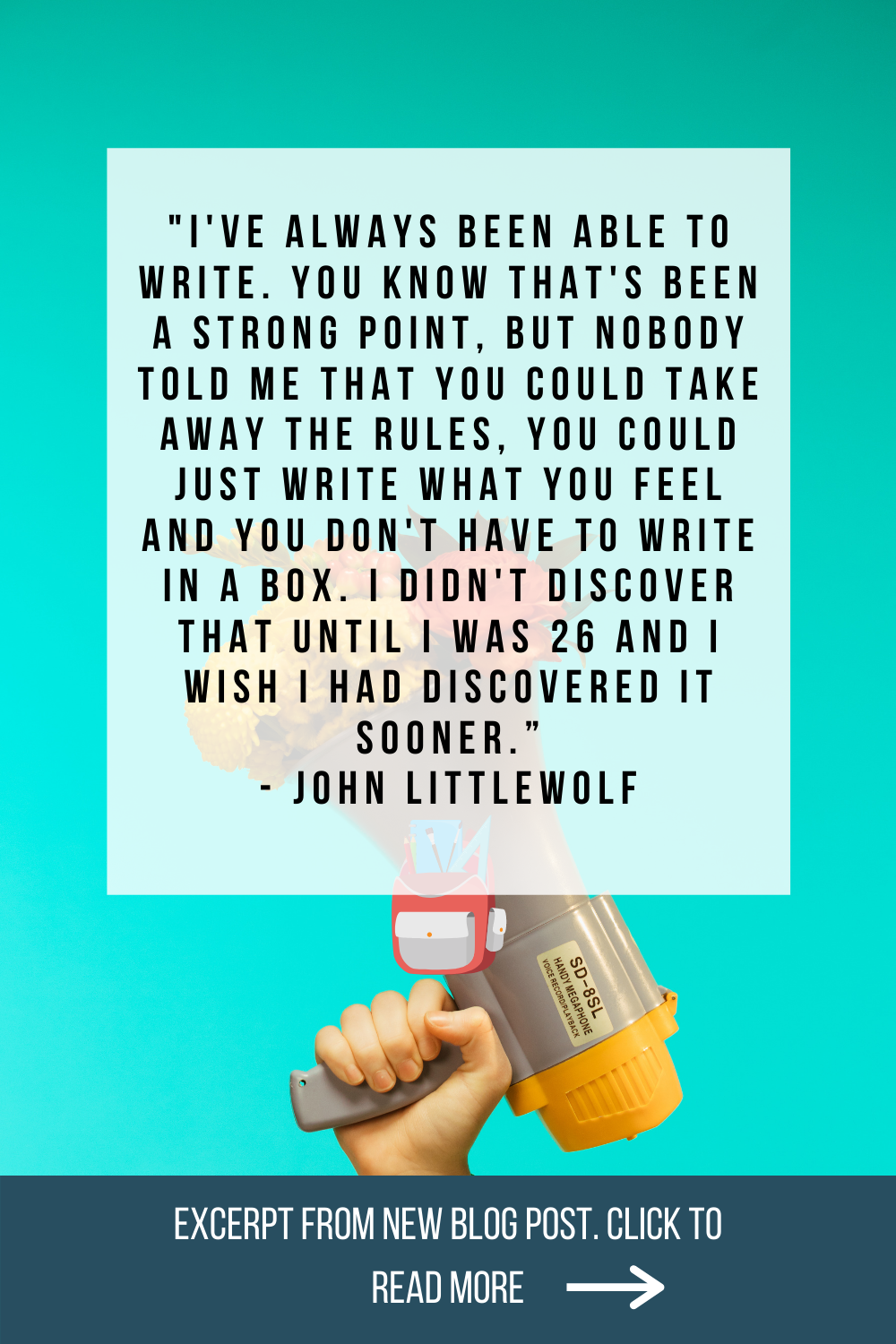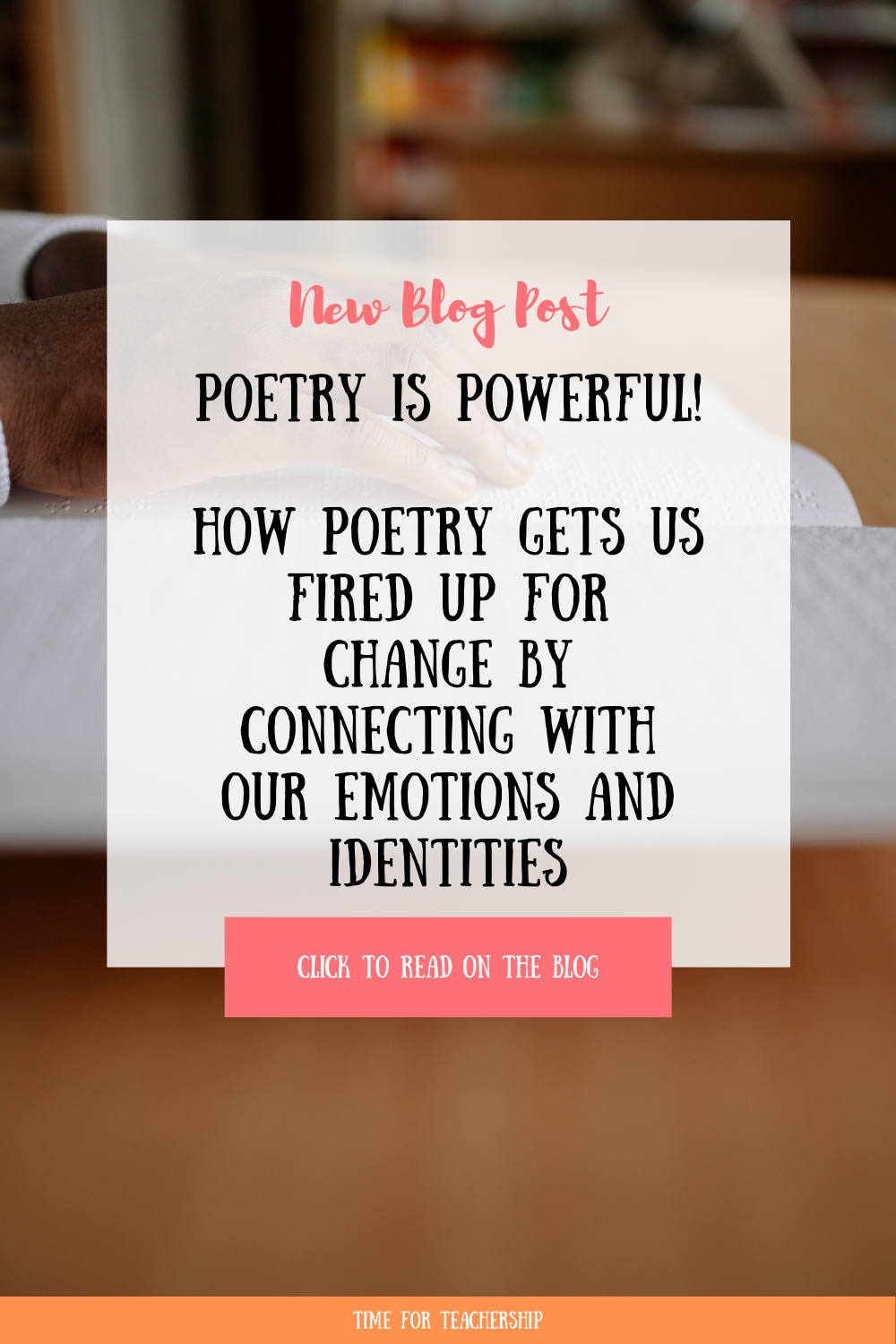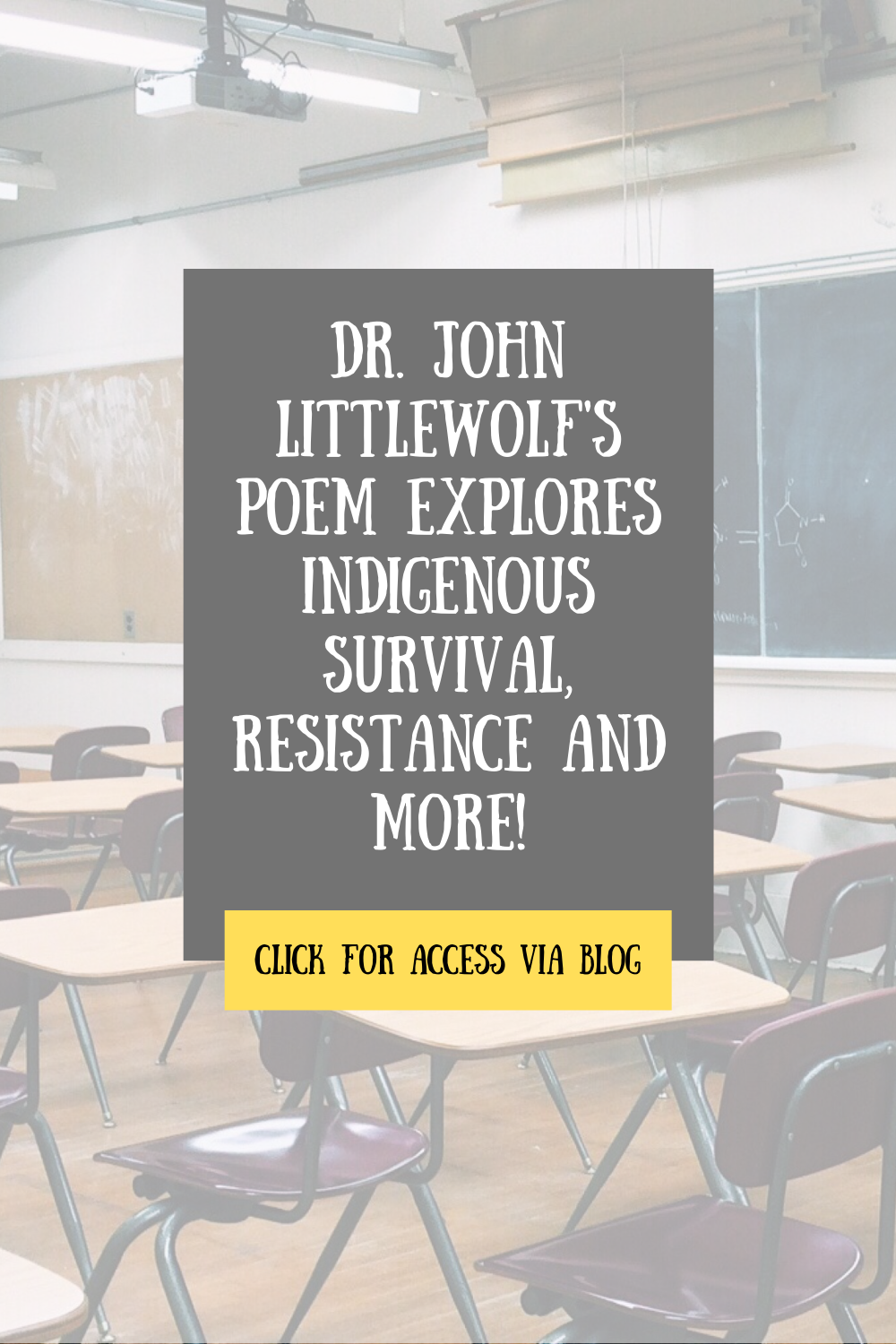|
Listen to the episode using the above player or by clicking the link to your preferred podcast platform below:

Dr. John Littlewolf grew up in the city of Cass Lake on the Leech Lake Indian Reservation of Ojibwe, one of six bands comprising the Minnesota Chippewa Tribe. He began his law enforcement career with the white earth tribal police in 2009. During his career, his positions included patrol officer, domestic violence and sexual assault investigator, and criminal investigator. He’s currently a conservation officer. He holds a Bachelors in Criminal Justice, a Masters in Public Safety Executive Leadership, Masters in Leadership & Change, and a PHD in Leadership & Change. John has always been an advocate for his Indigenous community. John is also a published author of a book of brilliant poetry and a self described activist. What does poetry do for us? Poetry has the power to reveal the common emotions and experiences that a group of people go through. Take John’s poetry for instance. His poetry teaches us about resistance, ancestral wisdom, fighting for freedom, and more. When talking about his start with poetry, Dr. Littlewolf connects poetry to his early life experiences. It was a way to process the emotions and thoughts that came up days later. He sees it as a gift that will remain a part of him no matter what. “For me poetry is...It was always there. it was this underlying river, if you will. It was always there in my experiences. It would be delayed. So I would go through something, whether it be loss or an experience and days later, what I believe was my consciousness, or my spirit, was putting it together...and days later, it would become something I never expected. Some of them, I look at them like oh my God did I write that?” No need for rules Being able to transmit emotion across space and time is a necessary part of the work to fight for justice and celebrate Indigenous culture according to Dr. Littlewolf. He shares that being able to feel these intense emotions after reading something by a poet was what inspired him in the first place. He wished that in his school, he could have been introduced to it sooner. Reading and writing minus all the rules and the standards removes the barriers that may inhibit students from writing for expression, creativity, and growth. “Nobody told me that you could take away the rules. You could just write what you feel and you don't have to write in a box. I didn't discover that until I was 26. And I wish I had discovered it sooner. I wish there would have been a teacher or a mentor or something along the way there.” How poetry connects with identity and activism Oftentimes, where poetry and activism intersect is right alongside identity. The things you may fight for or against are usually something that affects you to your core. So being able to translate those feelings into words can be therapeutic and helpful to your own activism. Not to mention, as a teacher, it’s a way of understanding where your students are coming from. If you used it to say I would like you to write down what you're feeling right now, that could make a real difference in teacher-student relationships as opposed to making assumptions about why certain students are behaving a certain way. John mentions how much it uplifts him to see the younger generations in his Ojibwe community achieving more and more success each year. These celebrations and the ability of Indigenous populations to overcome the deeply rooted effects of settler colonialism and violence are what current and future generations need to know about. So the writing continues. Of course, the barriers are still there. The U.S. still fails to meet the demands being made for justice. And so once again, the writing will continue. To continue the conversation, you can head over to our Time for Teachership Facebook group and join our community of educational visionaries. Until next time leaders, continue to think big, act brave, and be your best self.
0 Comments
Leave a Reply. |
Details
For transcripts of episodes (and the option to search for terms in transcripts), click here!
Time for Teachership is now a proud member of the...AuthorLindsay Lyons (she/her) is an educational justice coach who works with teachers and school leaders to inspire educational innovation for racial and gender justice, design curricula grounded in student voice, and build capacity for shared leadership. Lindsay taught in NYC public schools, holds a PhD in Leadership and Change, and is the founder of the educational blog and podcast, Time for Teachership. Archives
May 2024
Categories |




 RSS Feed
RSS Feed